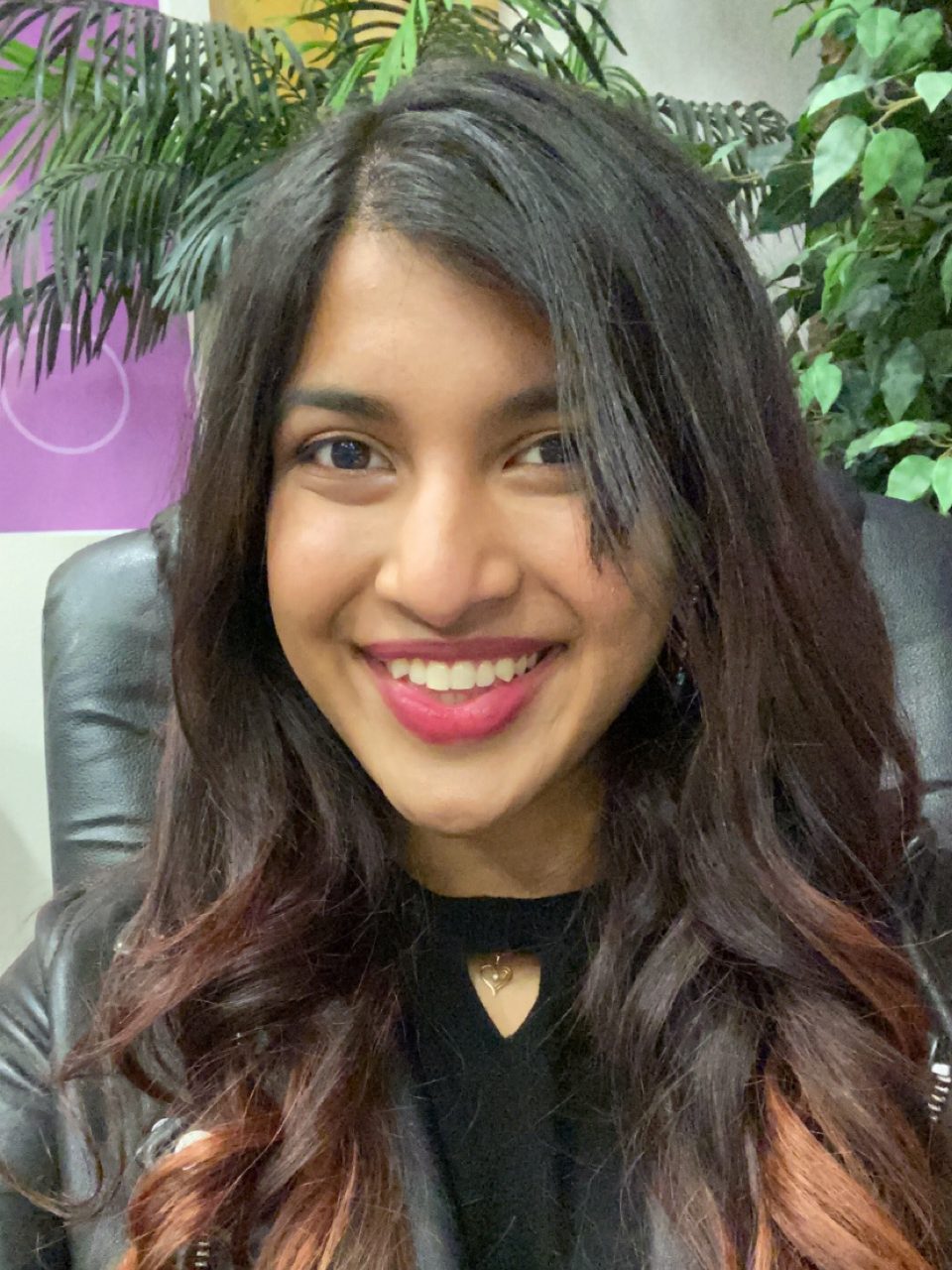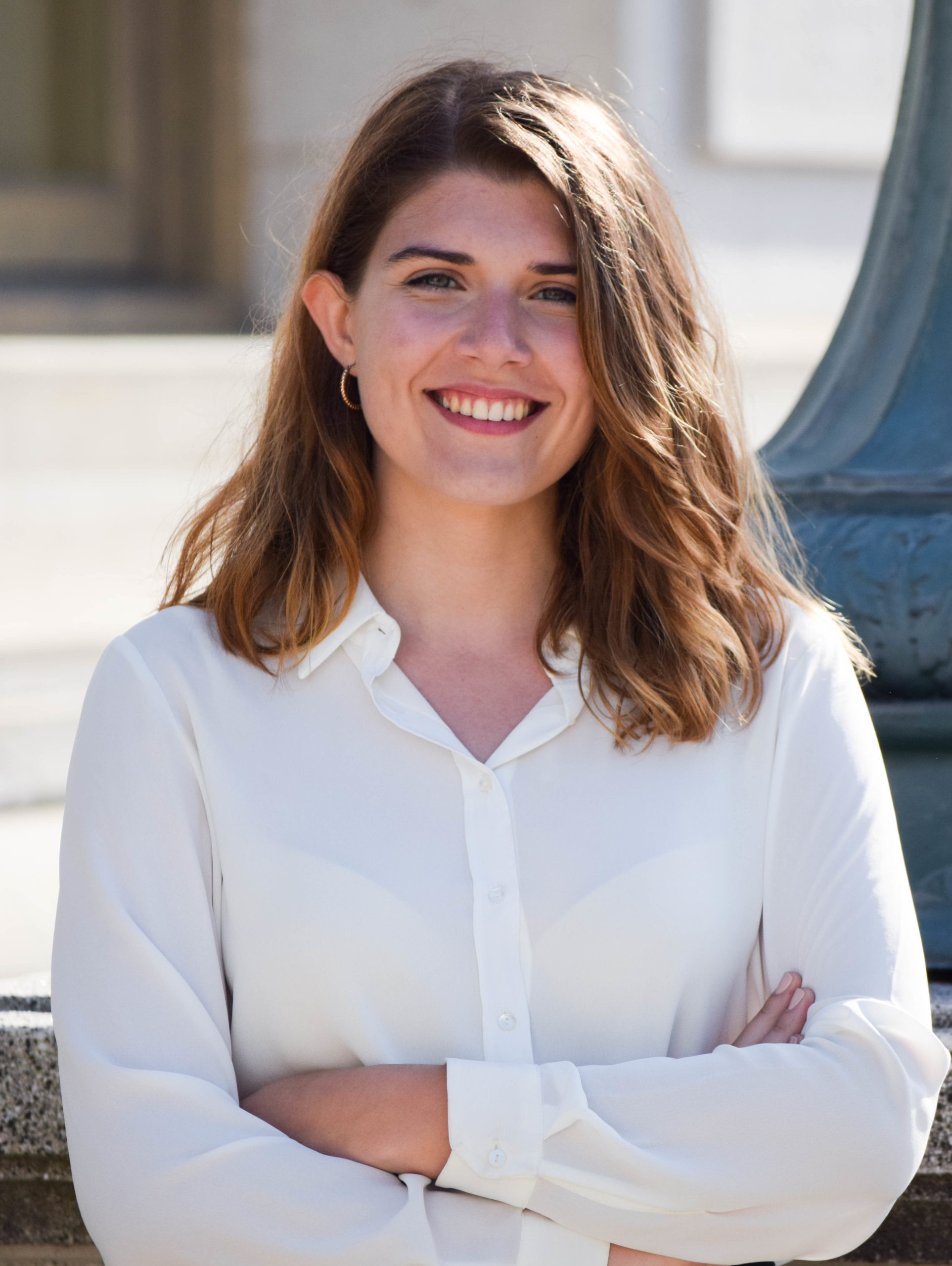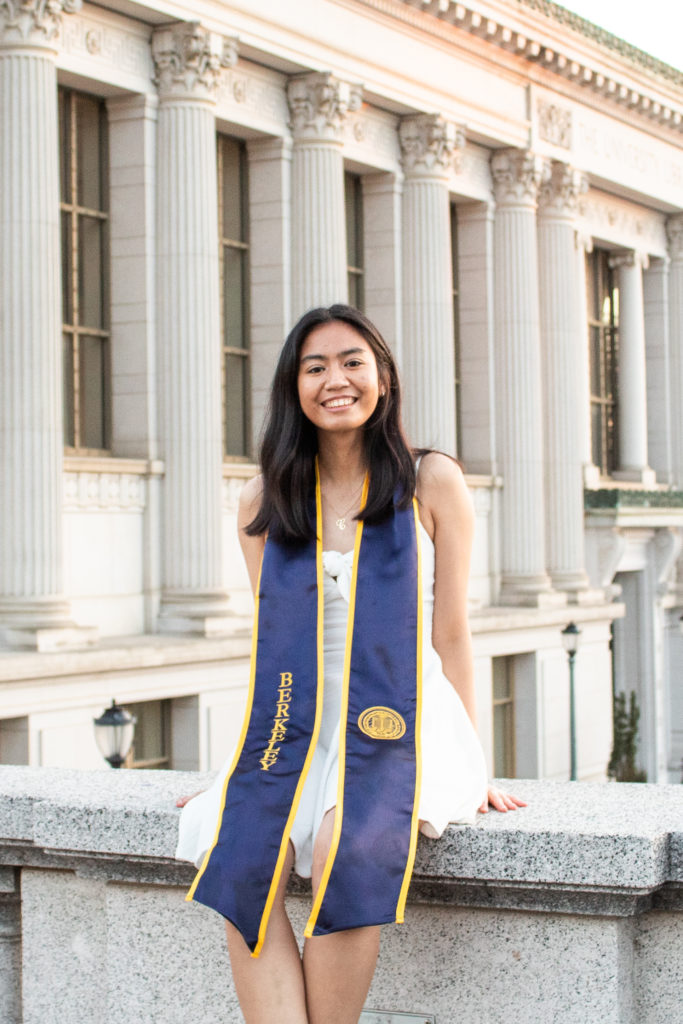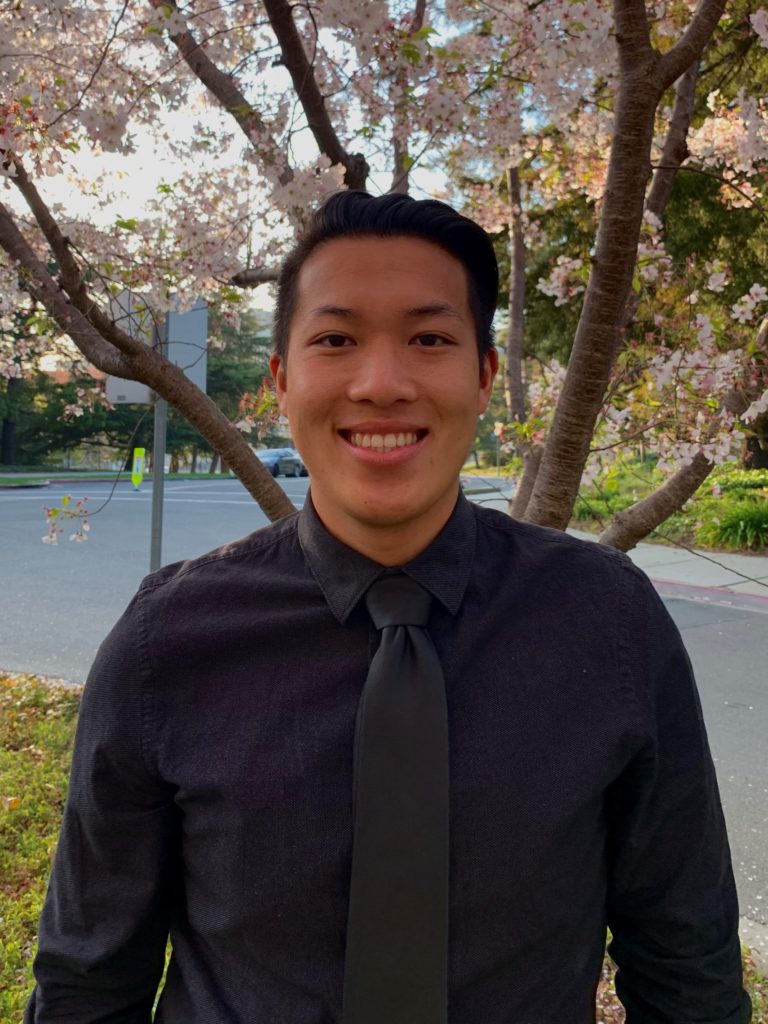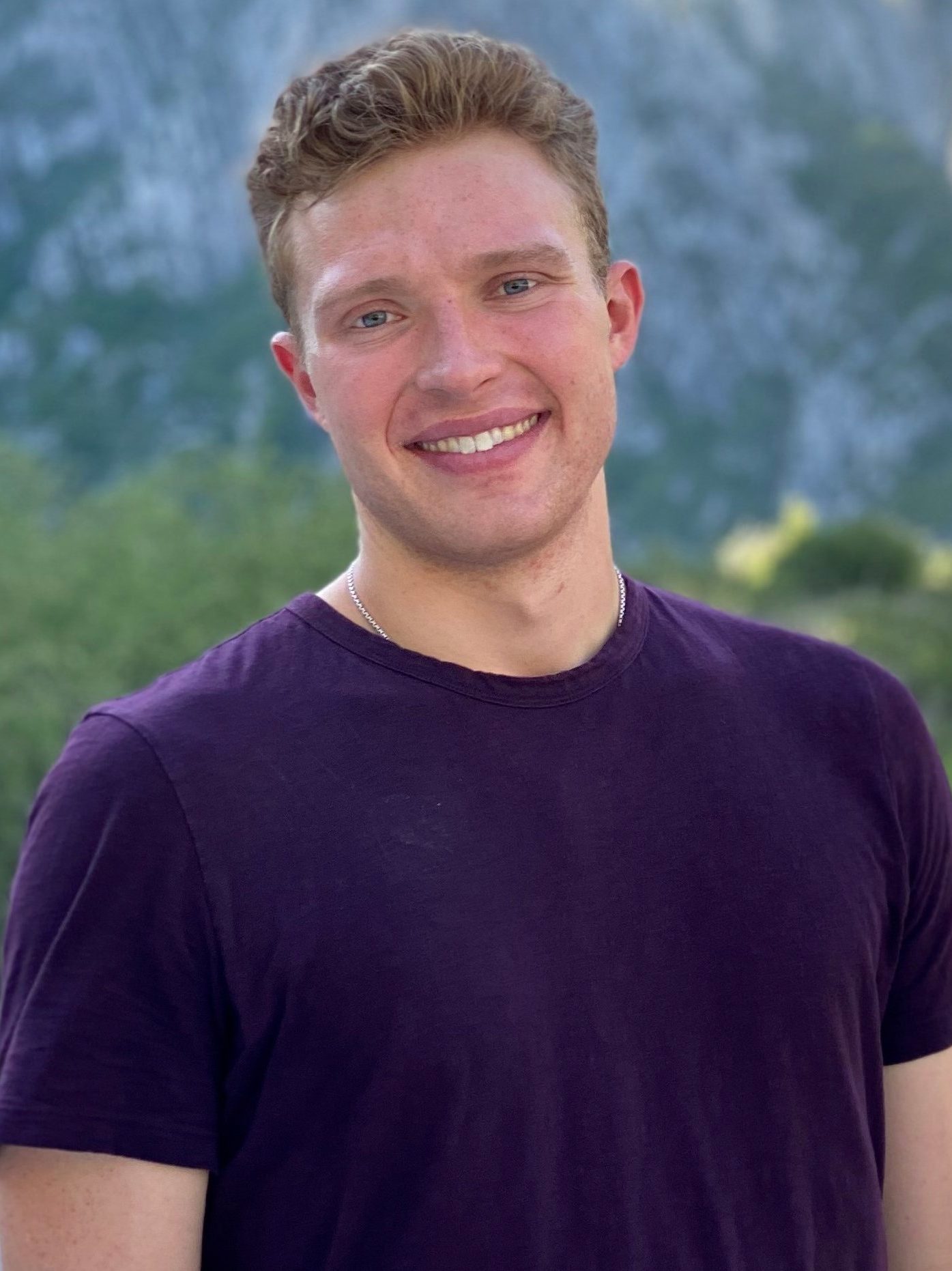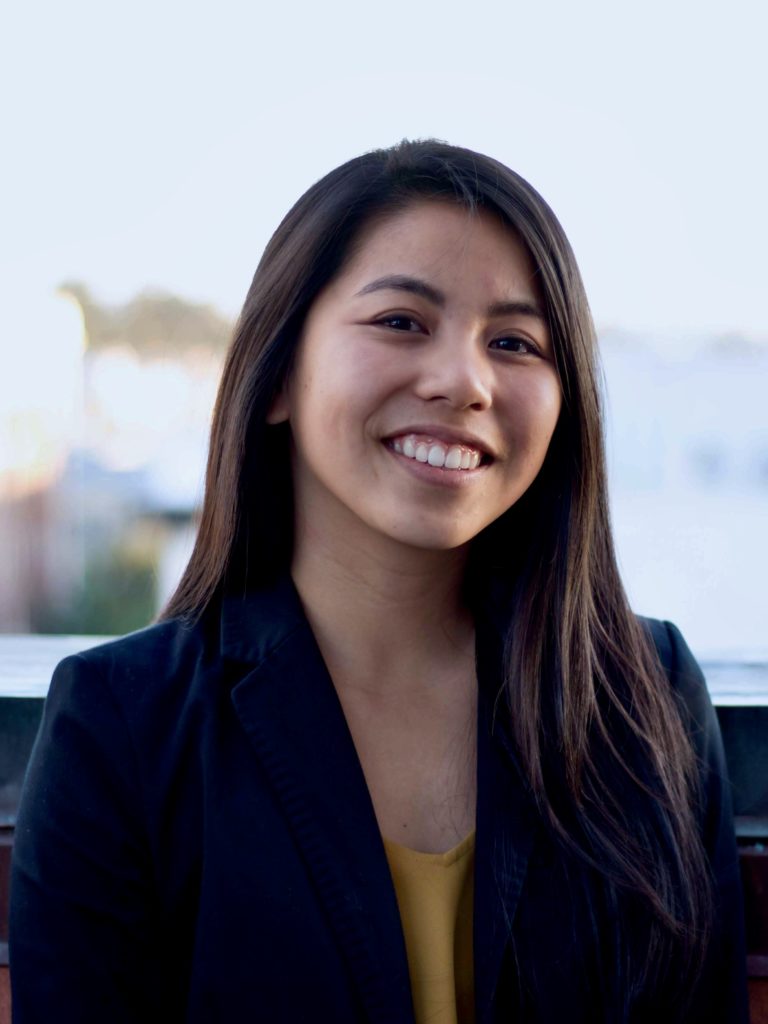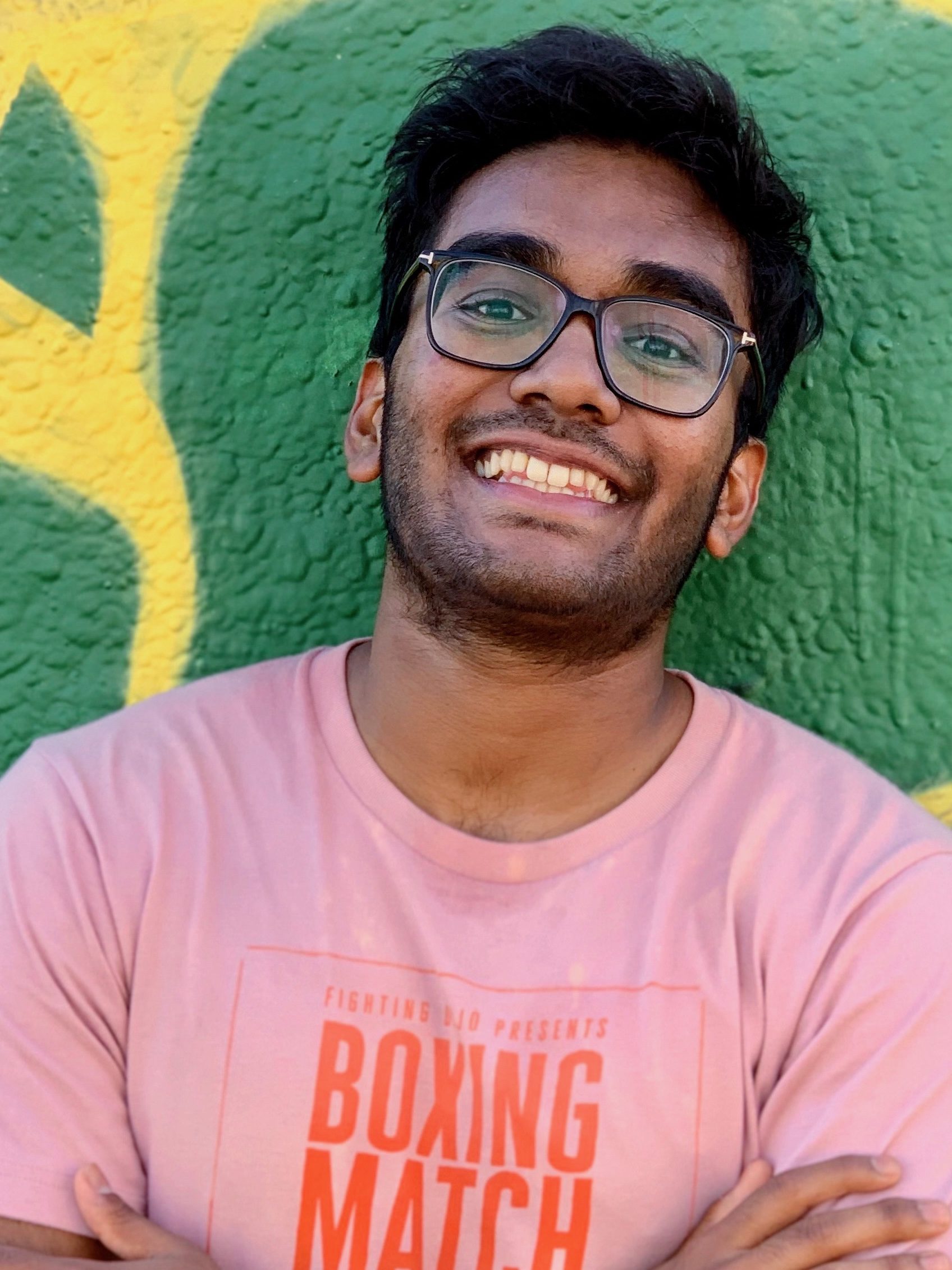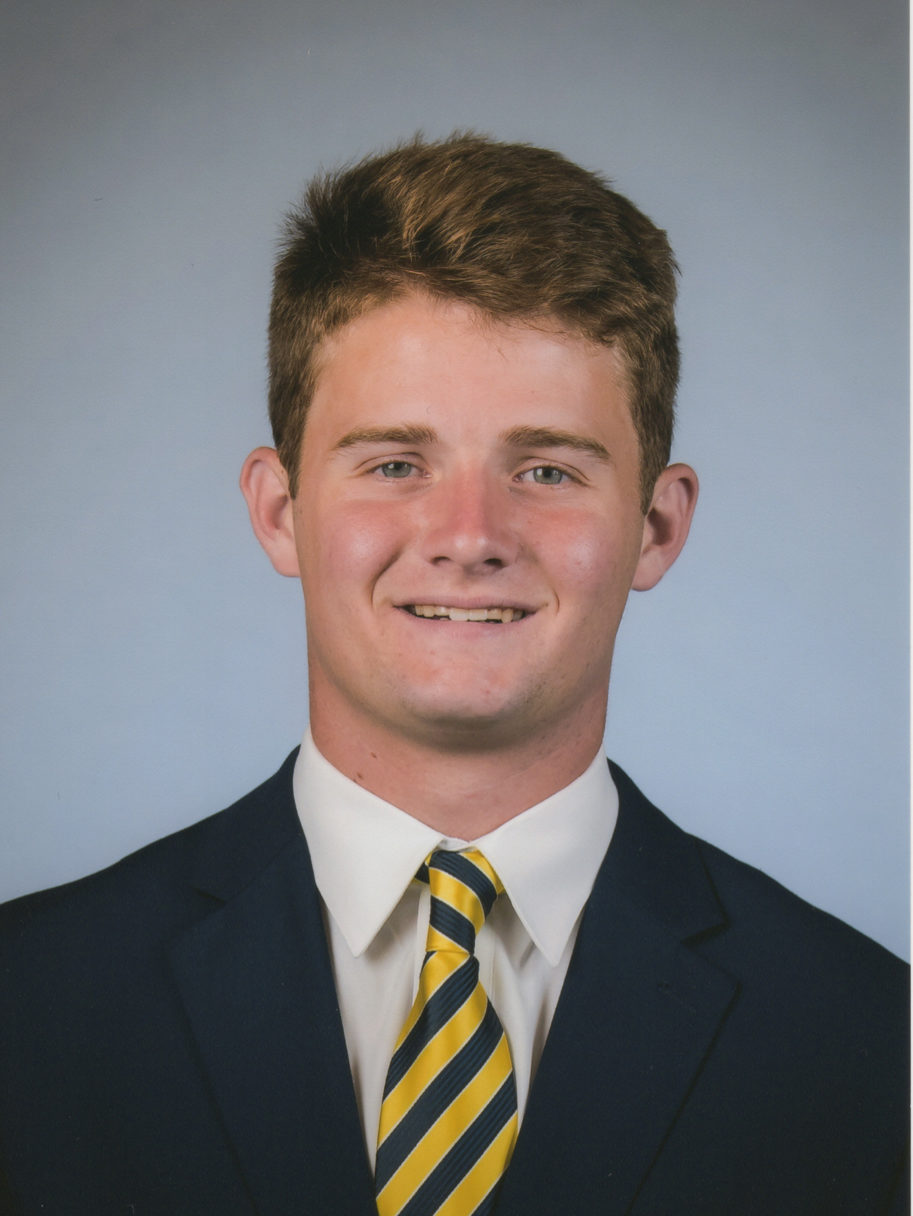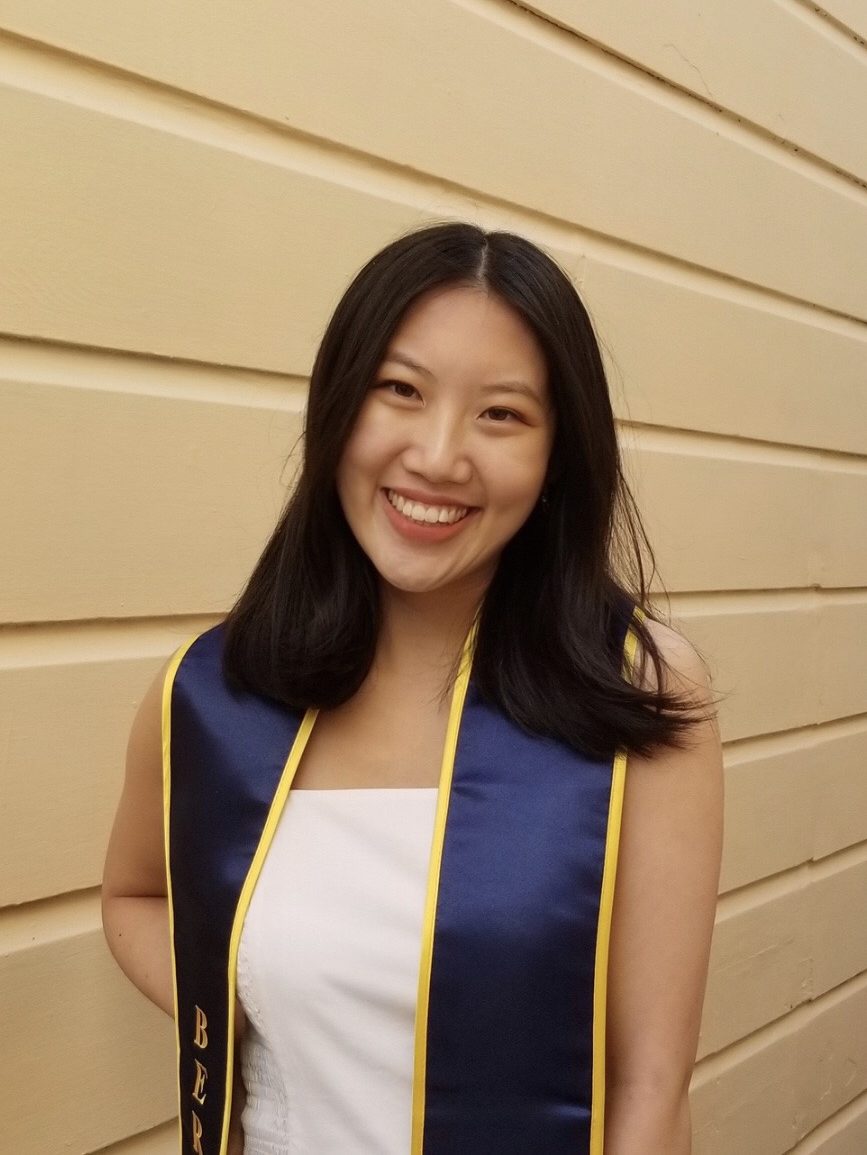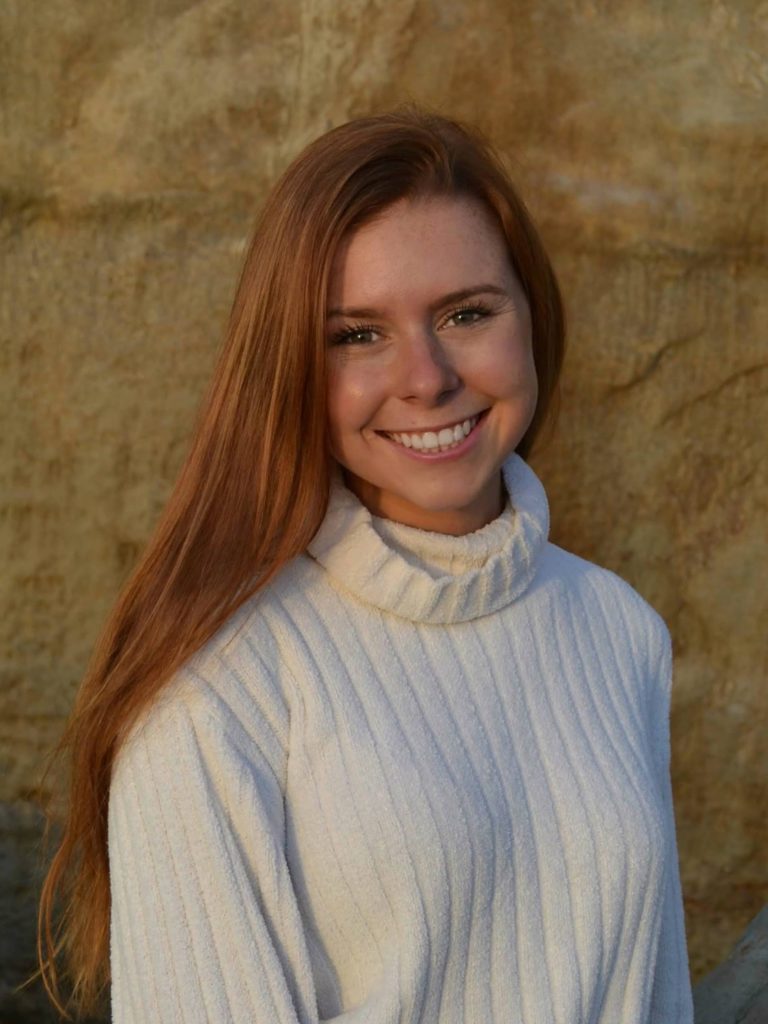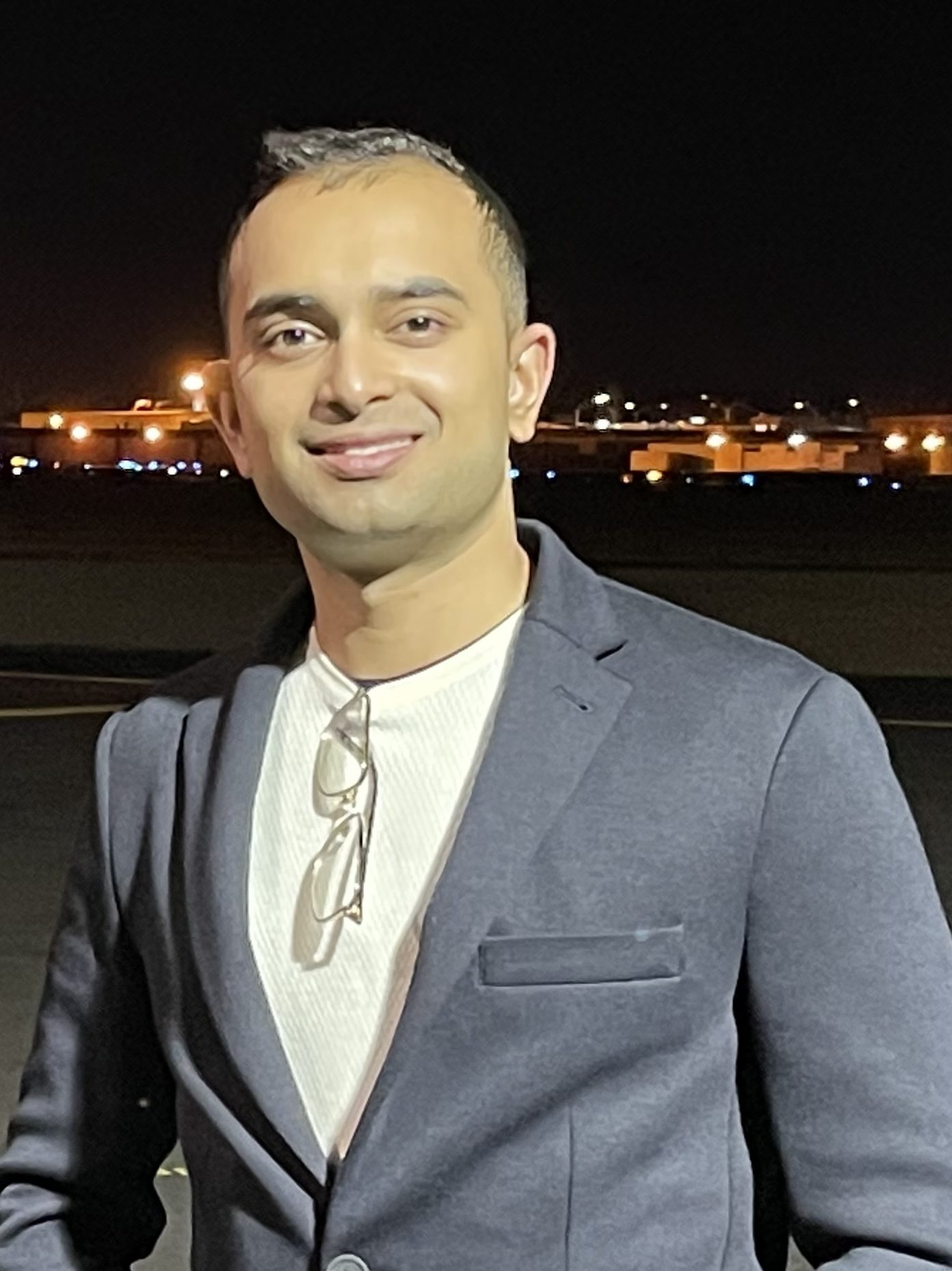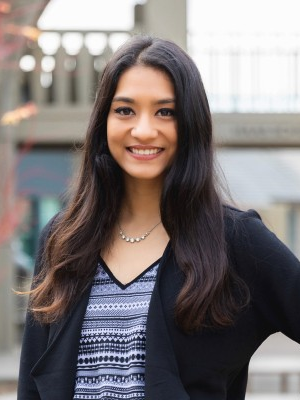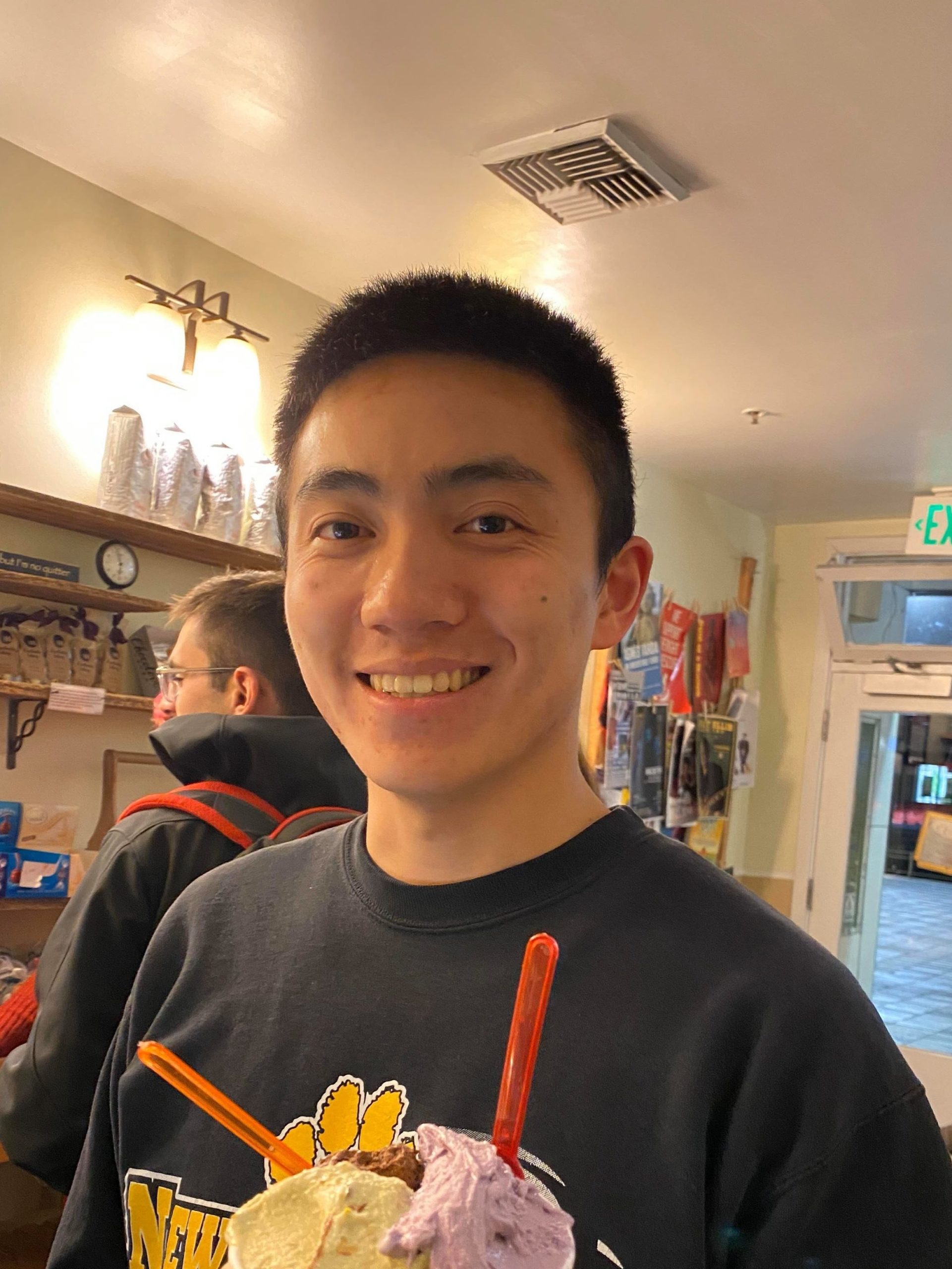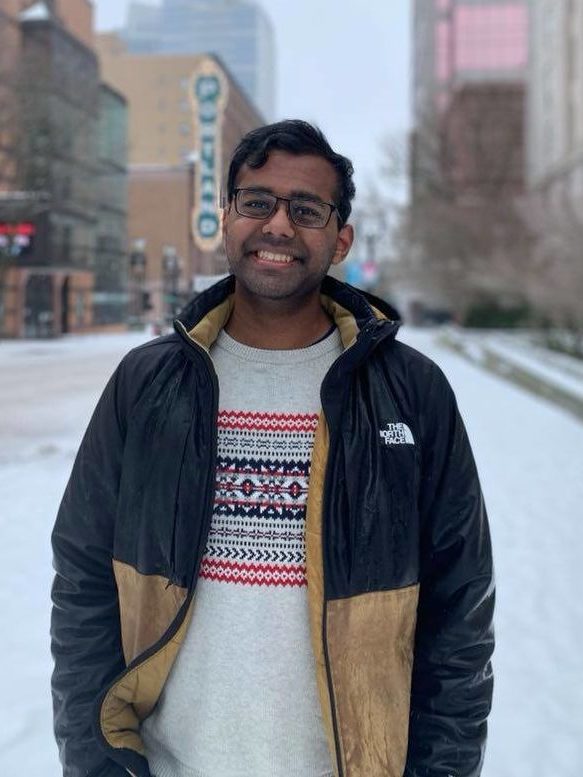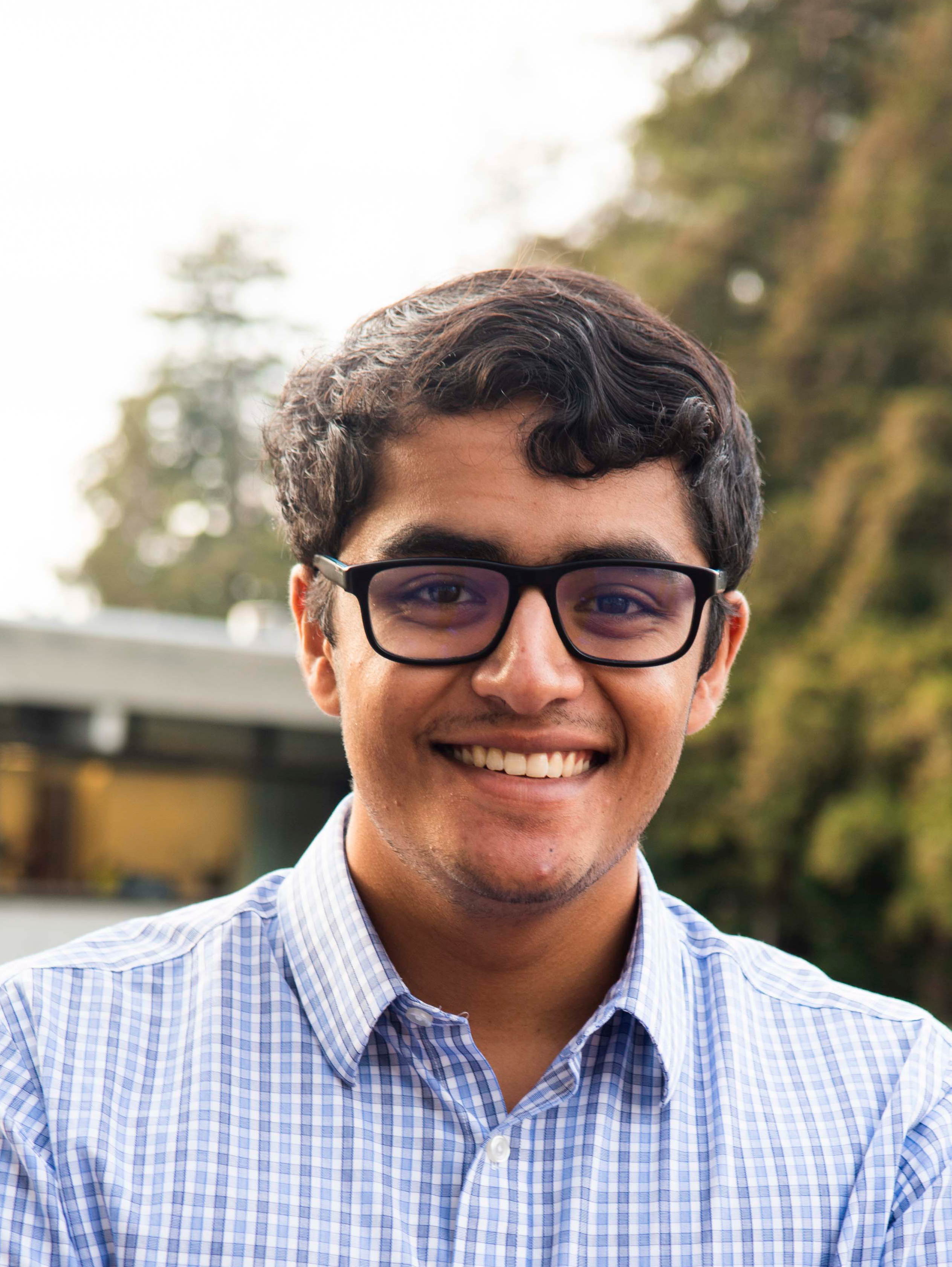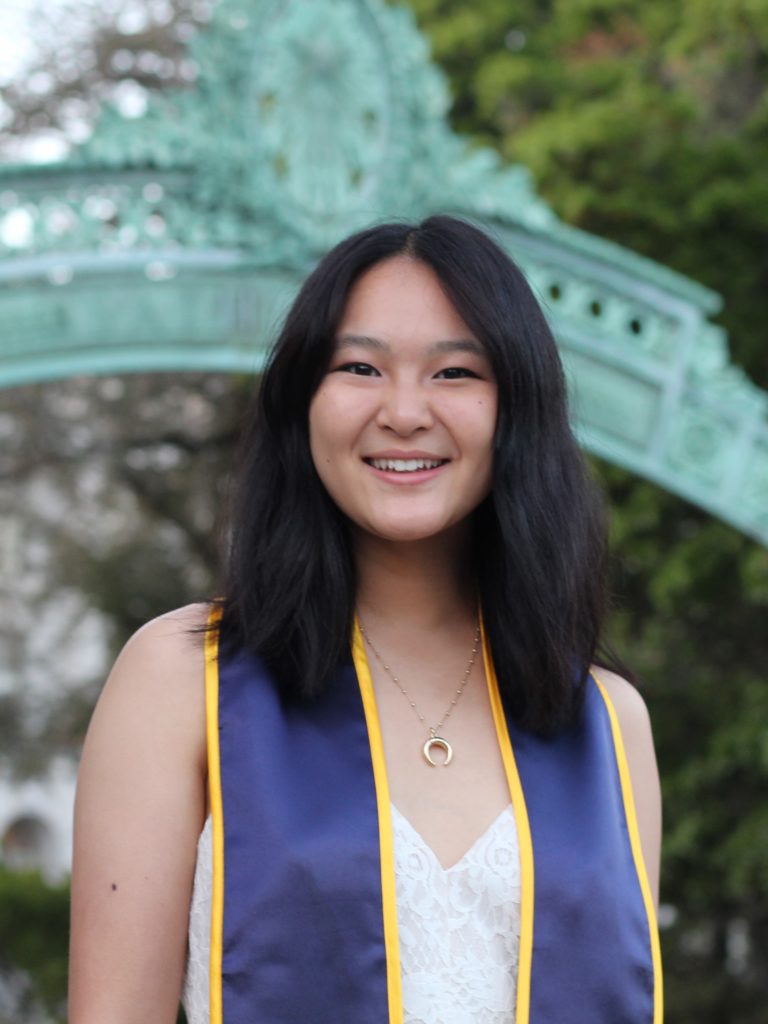Featured Undergraduates: Class of 2021
With the semester coming to an end, Berkeley IEOR bids farewell to the Undergraduate Class of 2021. As they embrace the next phase of their lives – ready to leave a positive impact wherever they go – Berkeley IEOR wishes all graduating seniors the very best!
Here, we feature some of our graduating seniors sharing their favorite memories of Berkeley and their plans for the future. Read on to learn more!
_
Arya Anand
Incoming IEOR 5th year Masters student
Tell us about your Berkeley IEOR experience. What were some of the best memories you had here?
Berkeley IEOR has given me the unique skill of bridging the gap between business and engineering. Often in Industry, there is a huge gap in communication between departments which leads to inefficiencies of the company overall. Berkeley IEOR has trained me in both technical and interpersonal skills which allow me to create a sense of unity within a company and optimize operations. From my internship experiences at SpaceX, Startups, and the Navy, I have directly applied these skills and seen critical impacts on organization within just one summer.
Why did you choose Berkeley IEOR?
Geographically, UC Berkeley is located at the heart of technological innovation. While we have access to large corporations in the bay area, there are also many startups based within Berkeley and accelerators such as SkyDeck. The city of Berkeley has a personality of its own, rendering the Berkeley experience incomparable.
What was your favorite IEOR class and why?
Human factors was by far my favorite class. This course not only taught us the technicalities of design, but did a deep dive into how to design a user centered products and how changes as small as a centimeter could have major impacts on ergonomics.
What are your post-graduation plans? How do you see skills from IEOR being used in your future?
I will be attending the 5th year Masters in IEOR at UC Berkeley. My subsequent plans are yet to be confirmed, but I am confident that UC Berkeley has taught me to be successful in any field.
What advice do you have for younger IEOR students?
Growth Mindset is definitely the most important skill that anyone can have. I view myself as a company and the first four years of college are the development stage. At this time, it is important to take in as many resources and alternate perspectives as possible to yield the most success upon graduation. Rather than focusing on graduating early, I would recommend fully integrating yourself into the Berkeley experience and working at startups to understand the power of technological innovation.
_
Fatmanur Aydin
Incoming Business Analyst at McKinsey
Tell us about your Berkeley IEOR experience. What were some of the best memories you had here?
Berkeley IEOR really focuses on projects and group work. I had a lot of fun working with my class mates to solve real life problems. Working at V&A after a class at Etcheverry holds a special place in my heart.
Why did you choose Berkeley IEOR?
Since I was a child, I loved finding ways to make something easier, faster or better. I always focused on finding the best route to take or finding the best burger place in Istanbul. With its focus on optimization I knew IEOR was the major for me. UC Berkeley is a great research institution that heavily focuses on innovation and entrepreneurship. As an engineering student these were qualities I valued and hence I chose Cal to study IEOR.
What was your favorite IEOR class and why?
My favorite IEOR class was IEOR 173. Learning about the mathematical aspects of queuing and the optimization process of waiting times was fascinating. As what I learned had direct application to real life situations, I became invested in the class. But most importantly I loved the class due to Professor Zheng. He is one of the best professors I have ever had Cal and taught me so much. He is also currently my senior project advisor!
What are your post-graduation plans? How do you see skills from IEOR being used in your future?
I will be working at McKinsey Istanbul as a Business Analyst. I think my strong analytical skills due to my IEOR degree differentiated me from other candidates. I think my technical background and focus on efficiency and improvement will enable me to create strong strategies for the client. Using my skills I expect to create a real impact while working at McKinsey and hope to work in the education industry in the future.
What advice do you have for younger IEOR students?
Try to interact with professors as much as possible. They are great sources of advice. Also, IEOR has many applications and to figure out which aspect of IEOR you like the best, definitely experiment with different internships. Lastly, your friends from your IEOR classes will help you get through everything, so make sure you have plenty of them!
_
Celestina Calarde
Global Purchasing & Supply Chain Program at General Motors
Tell us about your Berkeley IEOR experience. What were some of the best memories you had here?
The late night study sessions at Kresge with my IEOR friends were unironically some of my favorite parts of not only IEOR, but my experience in Berkeley in general. You form a certain bond with people when helping each other understand IEOR concepts and study for your exams!
Why did you choose Berkeley IEOR?
As an out of state student from Illinois, I chose Berkeley IEOR because the program at Berkeley is one of the best industrial engineering programs in the world. I was also drawn to not only the people in IEOR, but to Berkeley as a whole. They are some of the smartest, most passionate, and ambitious people you will meet. Also, the weather is very nice!
What was your favorite IEOR class and why?
IEOR 150: Production Systems Analysis! It’s probably the most useful class I took going into industry since I work closely with manufacturing. Professor Yano was an amazing professor and I love that she gave us real life examples for the theories and techniques she presented in class. Tackling case studies was also a great way to navigate through reality’s nuances and helped me improve my critical thinking skills.
What are your post-graduation plans? How do you see skills from IEOR being used in your future?
After graduating in December 2020, I began a two-year Global Purchasing & Supply Chain rotation program at General Motors. I use a lot of the concepts I learned from IEOR 150 and 153 since I work closely with materials allocation. I’m sure these classes will remain useful as I do my rotations in logistics and purchasing.
What advice do you have for younger IEOR students?
Find your community at Cal! There are great organizations on campus that will help you develop professionally, academically, and socially. These people will also push you to be the best version of yourself. I want to give a shoutout to the Society of Women Engineers at Berkeley for being that for me. I have the confidence to tackle industry and I’ve created life-long friendships in the process because of SWE.
_
Jonathan Chow
Incoming IEOR 5th year Masters student
Tell us about your Berkeley IEOR experience. What were some of the best memories you had here?
I will never forget taking my first semester of upper division IEOR courses. Although challenging, the passion that I developed for the coursework served as a vindication that I was exactly were I was supposed to be. On top of that, I am also really fond of the experiences that I had with my 115 and 180 class projects because they gave me a chance to apply classroom knowledge to real world problems.
Why did you choose Berkeley IEOR?
I chose Berkeley IEOR because it offers a unique blend of engineering, business, mathematics, and problem solving skills that are applicable to so many different industries and fields.
What was your favorite IEOR class and why?
My favorite IEOR class was 172 because it taught me how to view the world from the lens of probability and uncertainty. These concepts form the pillar of many skills and analytical techniques used in the IEOR world, and learning about them under Professor Righter was an immense pleasure.
What are your post-graduation plans? How do you see skills from IEOR being used in your future?
Next year I will be returning to Cal for the 5th year IEOR M.S. program. After that, I plan to work in industry in the realm of Data Science/Analytics and Operations Research.
What advice do you have for younger IEOR students?
My advice would be to take advantage of the smaller community that IEOR offers. You’ll be taking classes with many of the same people from many of the same professors, and it’s a great opportunity to form relationships that will last a lifetime.
_
Justin Gerwien
Incoming Associate Engineer at Aerojet Rocketdyne
Tell us about your Berkeley IEOR experience. What were some of the best memories you had here?
I had a wonderful experience as an IEOR student at Berkeley. I learned a wide variety of skills and knowledge from so many incredible professors, and I made many great friends along the way. I had plenty of fun in my classes, but my best memories were the ones I made with my friends outside of class, exploring the Bay Area around Berkeley.
Why did you choose Berkeley IEOR?
I chose IEOR at Berkeley because I love the idea of taking abstract ideas and tools like statistics and optimization and applying them to real world problems. I first came to Berkeley as an undeclared engineering major, and in my first semester, I heard Professor Leachman give a lecture about how he developed a formula for semiconductor chips which related various learning curves and production times to the resulting profit made by the chips. In short, he could tell you how much money your time was worth. This completely fascinated me, and from that point on, I knew that I wanted to be an IEOR major here at Berkeley.
What was your favorite IEOR class and why?
My favorite IEOR class was IEOR 142. The class is an introduction to machine learning, and I loved learning about and applying advanced data analysis techniques. Professor Grigas also made the class a pleasure with his light-hearted humor and his clear and cogent explanations of many difficult concepts. I think this class should be a requirement for all IEOR majors because it is so valuable.
What are your post-graduation plans? How do you see skills from IEOR being used in your future?
I will be working full-time as an associate engineer in the Affordability group at Aerojet Rocketdyne, a manufacturer of propulsion systems for both space and defense applications, in Redmond, WA. In this role, I will apply my knowledge of manufacturing improvement techniques and statistics to determine how to minimize costs while still achieving all the mission requirements for a propulsion system.
What advice do you have for younger IEOR students?
I have two pieces of advice. First, strive to make friends in your IEOR classes because having a study partner and a friend in class can make things much easier and more fun. Second, explore San Francisco and the Bay Area. Berkeley is so close to so many interesting restaurants, so much beautiful nature, and so many cool places, and you ought to explore those places while you have the freedom that college offers.
_
Kiana Go
Tell us about your Berkeley IEOR experience. What were some of the best memories you had here?
I truly made some of my closest friends in the IEOR department. There’s something empowering about feeling defeat then feat with your peers in all our shared, small IEOR classes.
Why did you choose Berkeley IEOR?
IEOR is at the intersection of business and technology. It allows us to be that bridge between the technical and business aspects of a company. Plus, the IEOR classes seemed really cool and I was not wrong!
What was your favorite IEOR class and why?
IEOR 172 (Probability and Risk Analysis for Engineers) was a challenging and rewarding class! Professor Righter was very patient and resourceful in explaining the topics to us.
What are your post-graduation plans? How do you see skills from IEOR being used in your future?
I’m currently seeking data/business analyst roles and plan to return to get my masters after a few years working in industry! IEOR gives me the technical background to make data-driven decisions with the business impact and value in mind.
What advice do you have for younger IEOR students?
Office hours!!! Go to them!!! IEOR has some of the greatest professors.
_
Tushar Jain
Incoming Associate Consultant at IQVIA
Tell us about your Berkeley IEOR experience. What were some of the best memories you had here?
All experiences at Berkeley IEOR have been nothing short of amazing. With IEOR, I not only managed to find a diverse peer group to optimize real world problems, but also found faculty members who acted as mentors at every step of the journey.
Why did you choose Berkeley IEOR?
I wanted to steer my education where I could combine business analytics and data driven decision making. Berkeley IEOR with its concentration in Decision Making in Industrial and Business Systems felt like the best avenue to combine both.
What was your favorite IEOR class and why?
Simulations in Enterprise Systems (IEOR 174) and Production Systems Analysis (IEOR 150) have been my favorite IEOR classes at Berkeley. IEOR 174 educated me about the importance of decision making in service businesses and IEOR 150 made me realise that the world functions on a healthy supply chain. Additionally, both Prof. Zheng and Prof. Yano went out of their way to mentor on personal projects and career plans.
What are your post-graduation plans? How do you see skills from IEOR being used in your future?
I’ll be joining IQVIA as an Associate Consultant. The skill of modularity would help me a lot. I would gain advantage from breaking down a bigger problem into smaller problems and solving each one of them individually to arrive at a bigger solution.
What advice do you have for younger IEOR students?
All IEOR courses explain concepts which occur around us all the time. Walk into any retail store or a food chain, and you’ll see tangible aspects from product layout to staff allocation and intangible aspects like supply chain and crucial decision making. All of this is taught in the IEOR program. My advice would be to connect the dots between in-classroom teachings and real world experiences to realize the true beauty of this subject.
_
Siddharth Kumaran
Incoming IEOR 5th year Masters student
Tell us about your Berkeley IEOR experience. What were some of the best memories you had here?
Studying IEOR at Berkeley has been an amazing experience. The close-knit faculty and student body was a great way for me to make meaningful connections with my professors and peers. To be honest, some of my best memories have been casually meeting new IEOR students during office hours and getting to know them as we were working on projects and problem sets.
Why did you choose Berkeley IEOR?
When exploring majors to pursue as an undergrad, IEOR seemed super captivating because it opened my eyes to a discipline that I didn’t even know existed, but I knew I wanted to learn. I found Berkeley IEOR to be a great fit for me because of the department’s focus on both theory and practicality, and its wide range of interesting course offerings.
What was your favorite IEOR class and why?
My favorite class so far has been IEOR 153: Supply Chain Management and Logistics Network Design. I think in this day and age, many of us, including myself, take for granted the intricate process that goes behind ordering something online or finding the things we need in a store. However, this class and Prof. Leachman’s detailed lecturing helped me greatly understand just how much planning and creative engineering goes behind managing supply chains and designing logistics networks. After having taken this class, I truly see the importance of why such a domain exists and how it makes our world function day in and day out.
What are your post-graduation plans? How do you see skills from IEOR being used in your future?
I will be pursuing a 5th-year M.S. for IEOR at Berkeley in Fall 2021. This summer, I am re-interning at Amazon. After grad school, I hope to get a full-time industry job as a Data Scientist or ML Engineer.
What advice do you have for younger IEOR students?
My advice for younger IEOR students is to have an open mind about the things you are learning within IEOR and even outside. I believe college is a great opportunity to explore various courses and research opportunities. Try to absorb as much knowledge as you can and slowly figure out your passions and strengths along the way. You’ll be surprised to see how things start to connect as you further along in your academic and industry endeavors!
_
Chris Landgrebe
Incoming IEOR 5th year Masters student
Tell us about your Berkeley IEOR experience. What were some of the best memories you had here?
Forming such close friendships with other IEOR classmates, due to the small nature of the classes and program as a whole.
Why did you choose Berkeley IEOR?
Because of its esteemed reputation. Additionally, the program sits at the intersection of so many fields, from computer science to data science to business.
What was your favorite IEOR class and why?
IEOR 142 because you get to take large sets of data and create predictive models that make use of all of that information to make accurate predictions.
What are your post-graduation plans? How do you see skills from IEOR being used in your future?
I’m going into the IEOR 5-Year MS program!
What advice do you have for younger IEOR students?
Be as involved as possible. Create friendships with your IEOR classmates (you’ll end up having tons of classes with them over the years).
_
Carol Lee
Incoming Data Science and Strategy Analyst at Salesforce
Why did you choose Berkeley IEOR?
Simply put, I chose the ORMS major because I enjoy solving problems with math. I was also greatly intrigued by the broad range of skills and the flexibility that the program provided. This decision proved to become one of the best ones I’d make at Cal, as the IEOR community is just so wonderful and supportive.
What was your favorite IEOR class and why?
My favorite class was IEOR 142, taught by Professor Grigas. This class was my introduction to machine learning and it was incredibly fascinating. I decided to pursue a career in data science as a result of this class, so it will always hold a special place in my heart.
What are your post-graduation plans? How do you see skills from IEOR being used in your future?
After graduation, I will be joining the treasury team at Salesforce as a data science and strategy analyst. Throughout these past four years, I’ve gained knowledge in the intersection of mathematics, programming, and business that I am very grateful for and am certain will be useful in my new role and beyond. IEOR professors have done an amazing job of teaching not just theories, but also practical applications, and it’s been extremely valuable learning how to apply these quantitative methods and problem-solving skills to real-world scenarios.
Tell us about your Berkeley IEOR experience. What were some of the best memories you had here?
IEOR classes provide a lot of opportunity for group work, and I’ve had so much fun getting to know others through those projects. The late night study sessions I’ve had with friends are definitely some of my favorite memories.
What advice do you have for younger IEOR students?
College is a great time to explore, so definitely take advantage of all that IEOR and Berkeley have to offer. Actively step out of your comfort zone to try new things and get to know your classmates and professors. Enjoy your time at Cal!
_
Maddie Mikschl
Incoming IEOR 5th year Masters student
Tell us about your Berkeley IEOR experience. What were some of the best memories you had here?
My best memories have been late study nights with classmates! Dear friends have been made in the depths of the engineering library.
Why did you choose Berkeley IEOR?
I chose IEOR because of its ability to apply all my favorite classes to industries I care about. I learned how complex mathematical theorems can improve the efficiency and equity of systems like healthcare and energy.
What was your favorite IEOR class and why?
IEOR 151, Service Operations Design and Analysis, was my favorite class because of its focus on the experiences of the individuals within the industries we study. Learning how to optimize efforts of service workers or reduce waiting times of medical patients brought a personal touch to already fascinating algorithms.
What are your post-graduation plans? How do you see skills from IEOR being used in your future?
I will be continuing my studies for another year after graduation through the IEOR MS program here at Berkeley! I am so excited to further my education in this field and in this department. I cannot thank IEOR faculty enough for supporting me in my academic career and hope to use my education to create more equitable and sustainable outcomes within large-scale industries.
What advice do you have for younger IEOR students?
Get to know your peers and professors as much as possible! IEOR has surrounded with me with some of the most intelligent yet friendly individuals I have ever met. There is so much to learn from the people in this department.
_
Mustafa Mirza
Tell us about your Berkeley IEOR experience. What were some of the best memories you had here?
A great aspect of Berkeley IEOR is the small and close knit community. I absolutely loved seeing a lot of the same students in all my classes, and so made many close friends in IEOR. This community helped me through my classes via study groups and the like and made studying IEOR an enriching experience. Furthermore, I thought some of the project driven classes such as INDENG 171 or INDENG 170 were some of the most memorable, as we worked with teams on big ideas. It was almost like working in a startup!
Why did you choose Berkeley IEOR?
I chose IEOR for the business and engineering studies it offered. I did not want to study something too technical and wanted something that gave me the technical expertise but with a lot of business-related applications.
What was your favorite IEOR class and why?
INDENG 171. After being assigned in completely random teams, we were tasked with creating our own companies which solved solutions to complex problems. This was not only challenging but highly stimulating for someone wanting to know how a business is run. Everything revolved around your team which meant learning team-building was key. I will never forget the skills I learnt here.
What are your post-graduation plans? How do you see skills from IEOR being used in your future?
I will be joining a footwear manufacturing firm- Mirza International Limited, in India, run by my family. I see the technical mindset that IEOR has given me coupled with a lot of the teamwork I did helping me in business development, from sales all the way down to running the factory.
What advice do you have for younger IEOR students?
Make a lot of friends in your classes and study along with other people! You will learn a lot and gain a community. Plus do take additional business courses that will help you apply a lot of the IEOR knowledge elsewhere.
_
Ambika Mukherjee
Business Analyst at McKinsey & Company
Tell us about your Berkeley IEOR experience. What were some of the best memories you had here?
My favorite IEOR memory is when we visited the Tesla factory with the Institute of Industrial Engineers (IISE). They used to plan the most amazing socials (hiking, pumpkin carving, hanging out on the glade) and I made some of my best friends through the IEOR department. Another plus was that the IEOR office always had candy or cookies for us. The IEOR community is certainly one of the best on campus!
Why did you choose Berkeley IEOR?
The IEOR courses are extremely diversified and there is something for everyone, making it perfect for students who love math and engineering and want to gain a broad skillset in college. IEOR lets you really carve out your own path through the electives based on your interests e.g. machine learning (IEOR 142) and optimization courses (IEOR 169) if you like computer science, supply chain (IEOR 153) and manufacturing classes (IEOR 130) if you like process improvement, leadership (IEOR 171) and human design/factors (IEOR 170) if you like business and management, and there are many more!!
What was your favorite IEOR class and why?
My favorite class was stochastic processes (IEOR 173) with Prof. Zeyu Zheng. I loved how he taught such difficult probability concepts in a way that was simple to understand and apply. I found the course to be the most interesting and rewarding class I took at Berkeley.
What are your post-graduation plans? How do you see skills from IEOR being used in your future?
I’ll be joining a management consulting firm in New York. I foresee myself using the strong mathematical and analytical foundation that IEOR provided. IEOR also trained me to feel very comfortable around large data sets and seeing a story within numbers – that is key to making good recommendations at a consultant.
What advice do you have for younger IEOR students?
College is the perfect time to try out new things and you can always leave a club or drop a class if you don’t like it (harder to do in real life or during a job). My advice is to make the most out of the flexibility and freedom you have to literally do whatever you want with very little risk or downside. Also try to get involved in the IEOR community and find an IEOR upperclassman you who is willing to mentor you and help you choose courses / figure out your schedule. You’d be surprised how many upperclassmen are willing to help you out!
_
Albert Qian
Incoming Wholesale Credit Risk Analyst at JP Morgan Chase
Tell us about your Berkeley IEOR experience. What were some of the best memories you had here?
My IEOR experience was built on being apart of two engineering honors societies: TBP & APM. Those are where I first made friends with other IEOR majors and learned about which classes to take and what career paths there were. I loved finding new IEOR friends from these clubs that paid off in my junior and senior year classes. I enjoyed Grad School Panels and infosessions that brought something new and engaging outside the classroom.
Why did you choose Berkeley IEOR?
My dad suggested I check the IEOR box when I applied. The website looked promising and it turned out to be a great decision!
What was your favorite IEOR class and why?
IEOR 173: I love probability and that was the first class to introduce the endlessly intriguing topic of Markov Chains
What are your post-graduation plans? How do you see skills from IEOR being used in your future?
Working for JP Morgan, and I hope to continue applying data science and optimization techniques to financial technologies and products.
What advice do you have for younger IEOR students?
1) Engage with upperclassmen! Since you don’t take IEOR classes until sophomore year, it’s hard to know what you’re building towards as a freshman. Go to event from IISE/APM/TBP with IEOR members and learn about the ins and outs of classes and internships. They will be some of your best mentors
2) Make enough IEOR friends to work on group projects with. Many classes like IEOR 142, 174, and 180 have projects, so it’s best to have a reliable group whom you can trust.
_
Priyan Sathianathan
Incoming Associate Engineer at SpaceX
Tell us about your Berkeley IEOR experience. What were some of the best memories you had here?
The Berkeley IEOR department has been a persistent source of warmth and support at all times. With faculty who balance brilliant pedagogy with enthusiasm for student mentorship, to staff who excel at keeping the IEOR community tightknit, embracing environment, the Berkeley IEOR department has afforded me a private school experience at the best public university.
Why did you choose Berkeley IEOR?
I chose IEOR because I wanted to be able to leverage quantitative analysis to drive innovation in reliability and scale for emerging space technologies. I was attracted to Berkeley’s IEOR department specifically because of its renown for offering both theoretical insight and practical application at an advanced level for undergraduates. The ability to leverage both advanced analysis with learned knowledge of how to apply it has been a centerpiece of my career development.
What was your favorite IEOR class and why?
My favorite class was IEOR 174, Simulation for Enterprise-Scale Systems. The class truly felt like the culmination of several classes in probability and stochastic theory, and gave me an applied experience that really has changed how I interpret and problem-solve real-world situations.
What are your post-graduation plans? How do you see skills from IEOR being used in your future?
I plan to join SpaceX’s Process Development team as an Associate Engineer, and continue my education as a Master’s student of Industrial Engineering at Columbia University. My IEOR education has afforded me the ability to provide technical approaches and solutions to big-picture problem areas like organizational management and overarching business operations. I know already how invaluable it was to learn this skill so early, and how central it will be for the rest of my career.
What advice do you have for younger IEOR students?
I’d advise younger IEOR students to persistently explore for all 4 years of your undergraduate education! Sometimes 1 year stint in a consulting club or a summer internship in unfamiliar, rural Vermont can fundamentally change your preconceptions of what your career could be, as it did for me!
_
Roshan Srinivasan
Incoming Associate Product Manager at Roblox
Tell us about your Berkeley IEOR experience. What were some of the best memories you had here?
My best memories were almost setting my apartment complex on fire, walking around Berkeley campus by myself at 3am in the morning for fun, and playing Smash until 6 or 7am with friends.
Why did you choose Berkeley IEOR?
I wanted to study applied math, statistics, and business. My parents wanted me to study engineering. IEOR seemed like a good compromise.
What was your favorite IEOR class and why?
IEOR 173 or 165. Both were cool classes with great professors (Zheng and Aswani respectively).
What are your post-graduation plans? How do you see skills from IEOR being used in your future?
Product @ Roblox + maybe moonlighting some side gigs/businesses/startups in supply chain. IEOR like all engineering fields teaches you to be analytical but keep in mind that at most maybe 20% of what you learn in school is stuff you can actually apply in the real-world.
What advice do you have for younger IEOR students?
Don’t stay awake to play Overwatch and/or Skyrim for 37 hours straight, don’t drink 10 red bulls straight without eating anything, and don’t rub your eyes after eating a ghost pepper.
_
Sarina Xin
Incoming Analyst at Accenture
Tell us about your Berkeley IEOR experience. What were some of the best memories you had here?
“Studying” with my IEOR friends until random hours of the night on campus.
Why did you choose Berkeley IEOR?
It was honestly an accident. I applied to the major by chance and it ended up being the best mistake I’ve ever made. I didn’t even know what IEOR was until I got here, but being part of the Berkeley IEOR community truly shaped my college experience in a positive way.
What was your favorite IEOR class and why?
IEOR 166 because it was different from anything else I’d ever learned and I really enjoyed the content.
What are your post-graduation plans? How do you see skills from IEOR being used in your future?
After graduation, I will be joining Accenture full-time as a consulting analyst. Since most IEOR classes require a group project, I can see how learning to apply the theory covered in classes to a real world problem prepares me to tackle most anything I may encounter during my career.
What advice do you have for younger IEOR students?
Learn from those around you and build a support network that will push you to pursue what’s important to you. Berkeley can be overwhelming at first, but making the effort to find my engineering support network helped guide me along the way and led to many cherished memories. Outside of my involvement with the department, I spent a lot of time in Society of Women Engineers and met some of my best friends who’ve supported me to find my own success and happiness.
